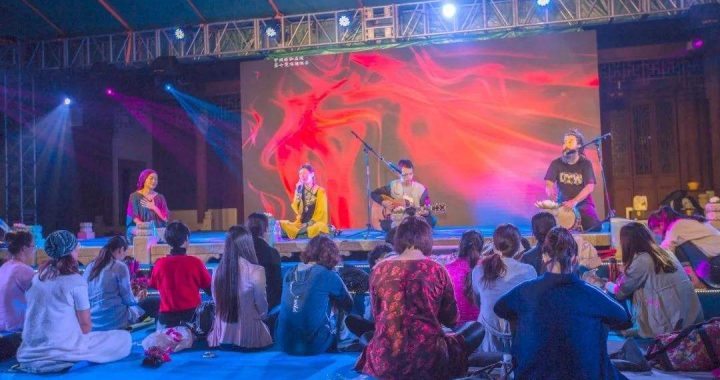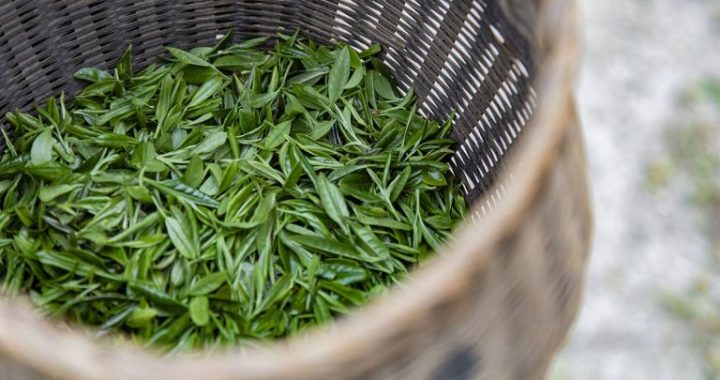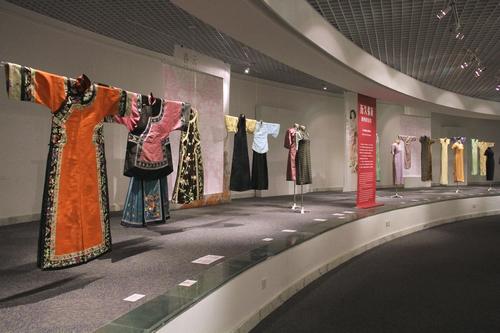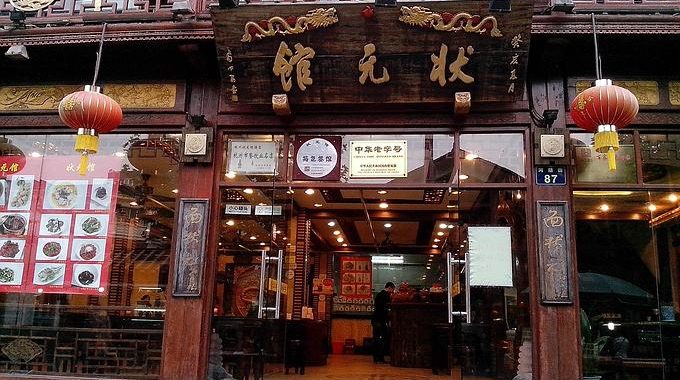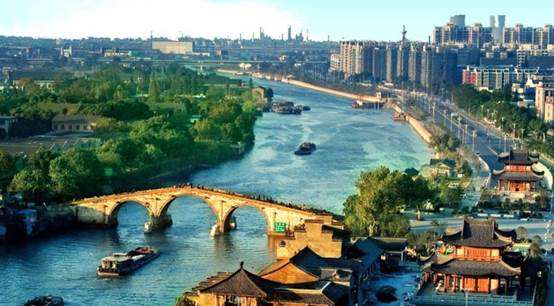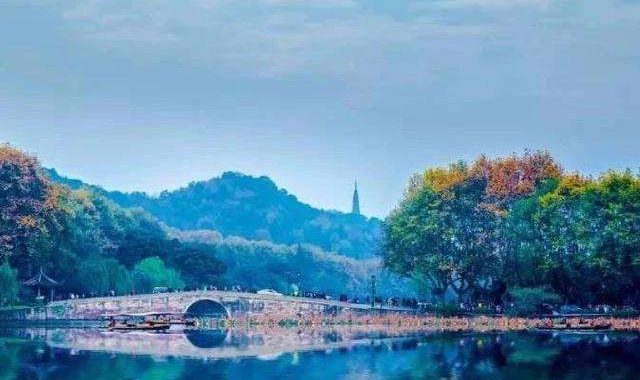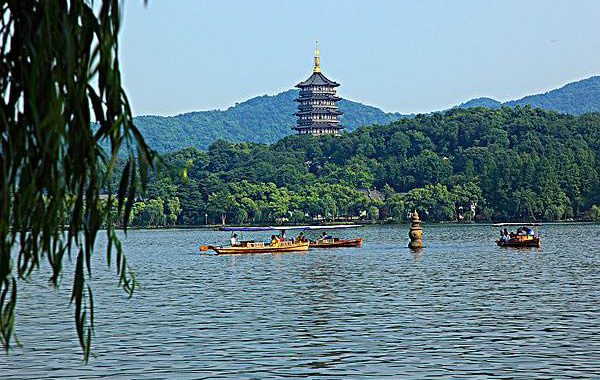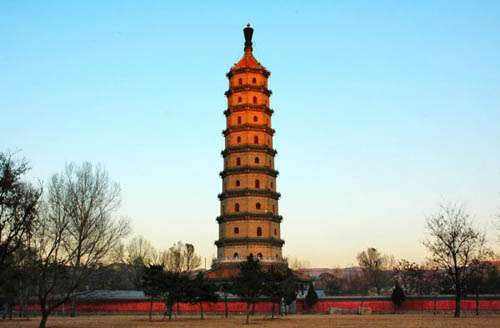Traditional Chinese Medicine in Hangzhou
3 min readHangzhou has long played a vital role in China’s bustling traditional Chinese medicine(TCM)world.The immense hometown pride the city has in TCM can be seen all across Hangzhou,ranging from time-honored pharmacies and clinics that provide delightful cultural immersion for TCM enthusiasts to historical streets in downtown Hangzhou’s Wuliuxiang and Jianguo South Road,long associated with TCM-not to mention one of China’s most prestigious TCM universities,offering an array of programs open to Westerners throughout the year.
Hu Xueyan
The glorious TCM tradition of Hangzhou is personified by Hu Xueyan,the only member of the merchant class in the Qing Dynasty to be awarded a red-topped hat(a rank indicating an officer of second grade by the Qing imperial court),and one of the few people given the rare privilege by Empress Dowager Cixi to ride a horse in the Forbidden City.
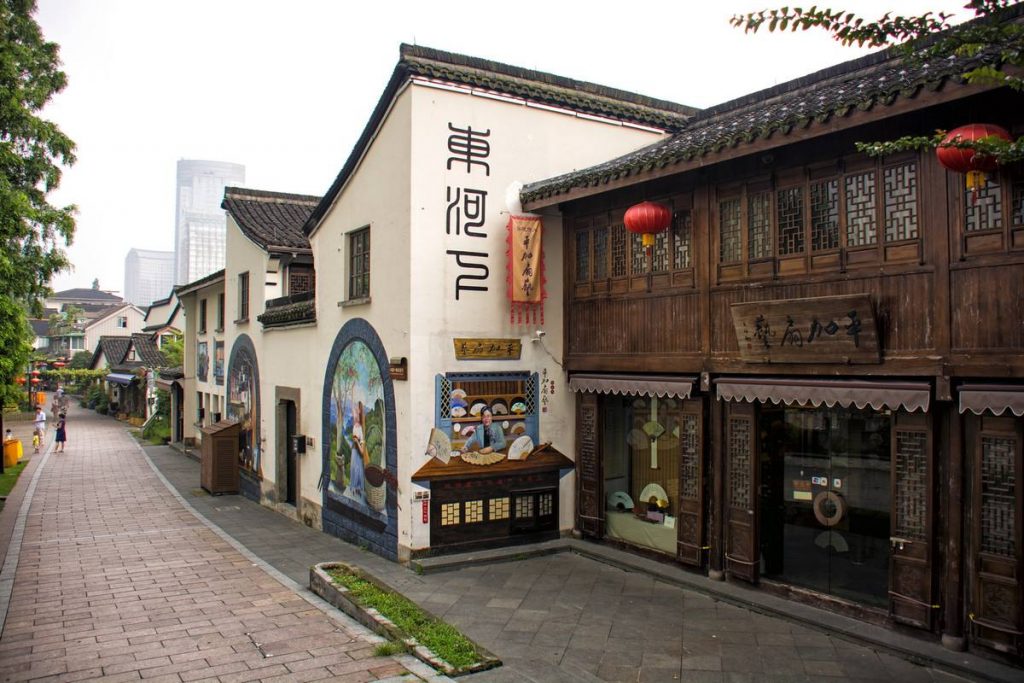
of the merchant’s many ventures-including banks,pawnshops and philanthropic projects,his best-known contribution that still stands to this day is Hu Qing Yu Tang,a medicinal hall known then for its uncompromising quality in medicine,ethical treatment of customers,and affordable healthcare services.Launched in 1874,Hu Qing Yu Tang is as well known as the Tong Ren Tang medicinal hall in Beijing and has a greater sense of architectural authenticity.Since its inception,Hu Qing Yu Tang has scrupulously followed the Taiping Pharmacopeia,an exhaustive and authoritative collection of drug-making doctrines and codes of practice compiled by the Southern Song,making it the indisputable crown jewel in the arts of natural medicine in China.
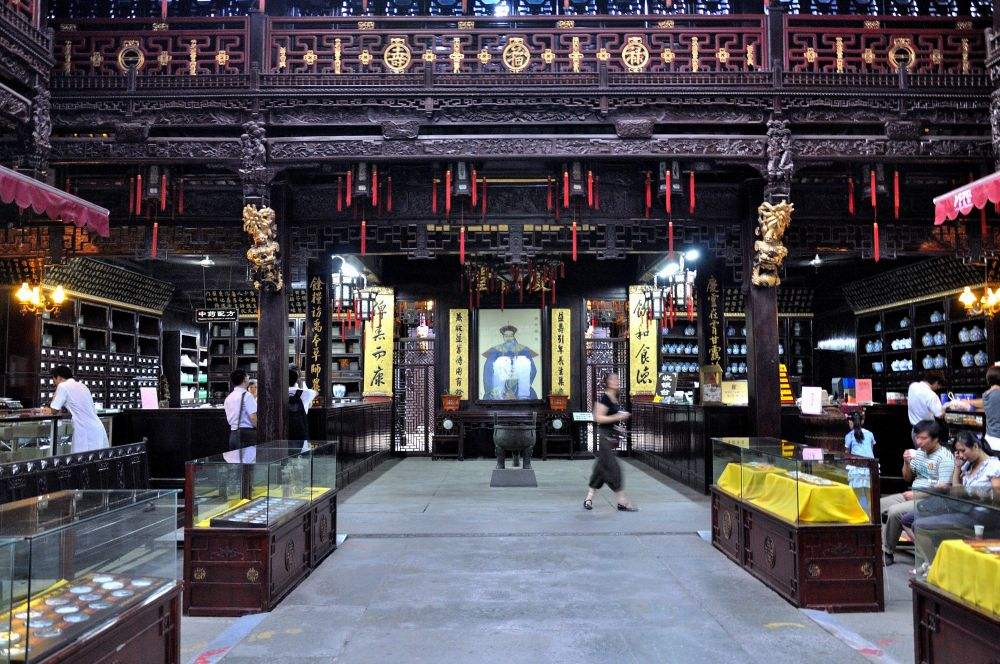
A boycott led by the French in the early 1880s caused a disastrous cash flow problem in 1883 and the bankruptcy of the“Hu empire”the next year.In 1885,Hu died depressed and destitute at the age of 62,leaving behind an ironic tale of tragedy and promise for people today to learn from.Relishing the dappled light and shadow in the serenity of the hall’s courtyard,one cannot help but reflect upon the inexplicable interplay of historical factors and the struggle of individuals.
Hu Qing Yu Tang museum in Qinghefang
Today,Hu Qing Yu Tang is China’s only state-level TCM museum.The sprawling facility-encompassing an exhibition floor,drug-making workshop,TCM store,various clinical rooms offering herbal treatments and acupuncture,and a medicinal food restaurant-should not be missed by any visitor to Hangzhou who is interested in Chinese culture and history.With the ambiance of traditional China perfectly retained in its architecture,the TCM lobby gives visitors the intriguing feeling of having traveled back in time 300 years and is a trustworthy place for souvenir-seekers looking for authentic Chinese herbal medicines and tonics.For first-timers in Hangzhou,the greatest charm of the museum may be the fact that the antique establishment is still visited by locals on adaily basis,lining up for diagnoses and prescriptions just as in days of old,which may be the greatest comfort to the frustrations and sorrows of Hu in his later years.
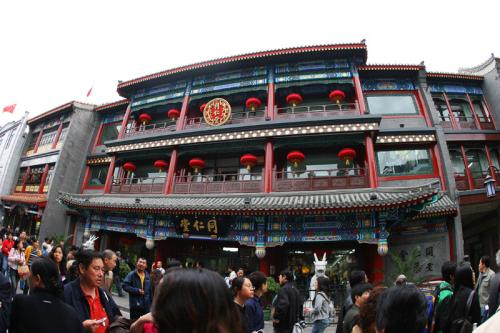
Other major TCM players in Hangzhou include Guang Xing Tang and Zhang Tong Tai,the latter best known for its ointment clinic where one can consult with the doctors for an amazing prescription for anything from seasonal testiness and nervous fits to diabetes and chronic insomnia.
There are also a dozen lesser-known but equally respected TCM brands one can visitfor a taste of the city’s TCM splendor,such as the 100-year-old San Shen Tai,160-year-old Tian Lu Tang,and Fu Tong Chun,first built in 1609.
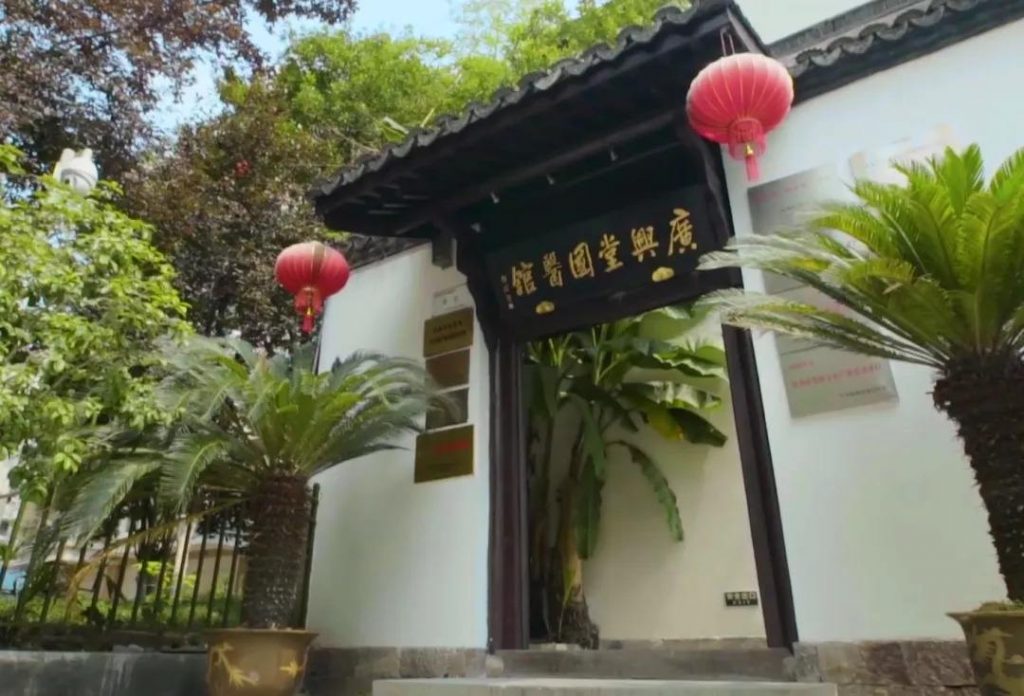
Tim Vukan and Wushan TCM
Have you ever dreamt of going to Hangzhou to learn Chinese medicine or be treated by some of the best in the business?Foreigners from all over the world seek Chinese masters and institutions in Hangzhou to teach and receive treatments,applying the wisdom of the ancients to the ills of modernity.When Tim Vukan,a native German,came to Hangzhou in2004,he started his Chinese medicine education theory lectures and combined clinical practice at Zhe jiang Chinese Medical University.He has spent more than 12 years studying and practicing in local Chinese clinics,and in 2008 Tim Vukan founded the Wushan TCM medical network in an attempt to bridge east and west.Today,practitioners and patients alike come to Hangzhou to take part in his lectures,guided pharmacy tours,treatments in local clinics,and Chinese language translations.You can get involved by going to Wushantcm.com.
